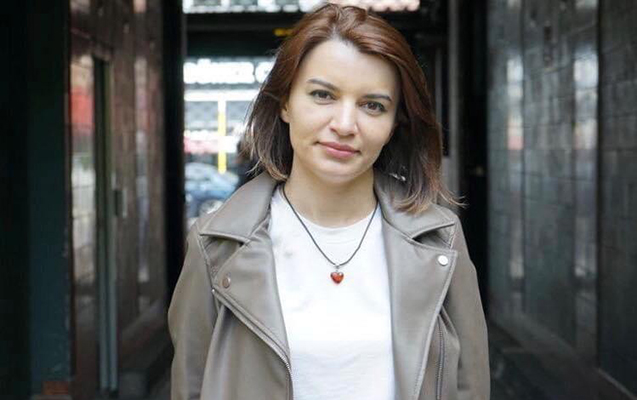On January 7, the Central Bank of Azerbaijan approved new regulations regarding the behavior-based lending model.
According to the new regulations announced by the Central Bank, during the loan allocation process, information will be collected and assessed from various sources, such as borrowers' online purchases and social media activity.
Economist Rashad Hasanov notes that many other countries also employ methodologies for evaluating behavior-based lending by utilizing various sources.
According to him, the essence of behavior-based financing in international practice is aimed at enabling greater access to credit for individuals; however, it should not lead to restrictions.
"I am not entirely sure about the purpose of monitoring social media accounts and collecting data from those platforms. On the other hand, what would happen if a citizen does not have a social media account? I am uncertain about that as well. However, it is unlikely that the absence of social media accounts would prevent citizens from obtaining loans.
Perhaps, during the evaluation of credit ratings, the absence of a social media account could result in a lower score to some extent, but this should not serve as a basis for restriction. The core objective of behavior-based financing is to increase access to credit, not to impose limitations. This process is not intended to encourage restrictions, nor should it lead to them," he adds.
In December 2024, the Governor of the Central Bank, Taleh Kazimov, held a meeting with economists. Khalid Karimli, who attended the meeting, stated that this issue was a key topic of discussion.
The economist noted that under the current lending system, income and liabilities are the main criteria. However, following the introduction of the new regulations, an additional evaluation process will be implemented in the lending process.
"Until now, they have based lending on the debt-to-income ratio and set an interest limit, where if the monthly payment of a person requesting a loan is up to 40% of their income, they could easily be granted a loan. If the ratio was between 40-70%, they could still provide a loan, but if it exceeded 70%, a loan would not be granted. This means that officially, a person with a monthly income of 1,000 manat could not obtain a loan with a monthly payment of 700 manat. Now, in addition to this, a behavior-based lending system will also be applied.
For example, now the system will examine whether you are repaying your loan, whether 5,000 manat is being deposited into your card from various sources every month, whether you are purchasing 3,000 manat worth of goods from stores every month, and so on. All of this will be analyzed by artificial intelligence, which will reveal that this customer is trustworthy and eligible for a loan," the economist added.

 Foto: sosial media
Foto: sosial media





